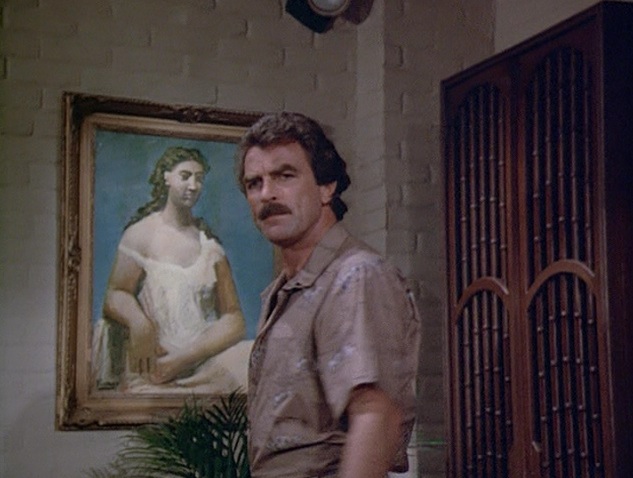LZeitgeist wrote:This was an OK episode, although I wish TM hadn't been making such a joke of Tozan in the beginning. However, it did show better his growing respect and understanding of the samurai as the episode continued.
One error I saw was when Tozan was at the temple to bless the plate (before it was stolen), the samurai removed his katana from his obi and placed it on a stand. A samurai would know that the sword is to be placed on the stand in the same way it is worn, edge up. One can see that the saya (scabbard) curves down in the middle when on the stand, meaning that the sword was placed edge down.
A very minor nitpick, granted, but so much of the episode focused on how very strict the samurai code is about the smallest detail of honor and respect. A samurai's soul is his sword.
Hi LZeitgeist,
That's interesting about the nuances of the samurai and his sword, that it is his soul. Thanks to you I better understand Japanese culture regarding an incident with the
legendary Ichiro Suzuki when he was a NY Yankee. The oafish announcer Michael Kaye mocked Suzuki more than once for obsessing over his bats, constantly attending
to them and getting irate when Kaye grabbed one from his locker without asking. The bat, like the samurai's sword, is the tool of his trade, it earned him his living and
his no doubt eventual entry into the Hall of Fame.
LZeitgeist, perhaps you know about another aspect of Japanese culture? I have always held in high regard the Haiku that Magnum quotes at the episodes end.
Magnum tries to reason with an enraged Tozan(Mako) who is about to slay his dishonorable master Fukuda. TM opts to diminish Fukuda and thus lessen the insult
to Tozan's honor:
"Tozan, no! There's a Haiku that says,
Though I thought of you as a gallant warrior
Did you gird your sword just to gather watercress
in the Kaniha rice fields?
Is this a genuine Haiku or did writers Steven and J. Miyoko Hensley make it up? I ask because it doesn't seem to fit this description from online that I swiped:
"What is a haiku? It is a three-line, beautifully descriptive, form of poetry, intended to be read in one breath. If read in Japanese, most traditional haiku would
have five syllables, or sounds, in the first line, seven in the second, and five in the last."
---------------------------------------------------------------------------------------------------------------------------------
"Stop looking in mirrors, Janie. There are windows all around"...Linc Case on Route 66 to a woman wallowing in pity.



















